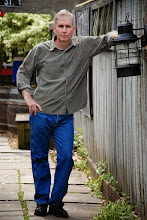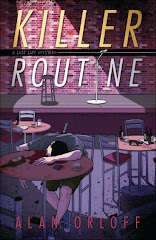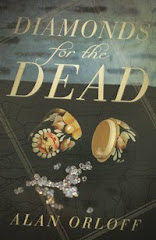This is my 100th post.
When I started, I didn't know if I could think of enough topics to sustain the blog, even for a month. But, with only an exception or two, that hasn't been a problem. Topics seem to appear out of nowhere, and a few of them have even been interesting, entertaining, or informative. (Maybe.)
The posts have spanned quite a range. I've been able to offer glimpses into my personal life (here, here, here, here, and here), hosted guest stars (here, here, and here), and provided insights into my writing process (here, here, here, here, here, and here). I've even included poetry (here).
What have I learned during these 100 posts?
- People seem to like the funny.
- People enjoy participating in the conversation.
- Writers like posts about writing topics, especially those pertaining to "getting published."
- Long posts take longer to write than short posts.
- Pictures are nice.
- Links to other blogs, sites, etc. are appreciated.
- Posting 3 times a week, MWF, works well for me.
- My blog traffic is slowly growing. At this rate, in another twenty or thirty years, I should have a decent following.
What's in store for the next 100 posts?
Since the release of DIAMONDS FOR THE DEAD is fast approaching (April 1, for those who are calenderically-challenged, like me), I imagine there will be more posts about the different promotional activities I'll be embarking on, as well as production milestones. I'll try to keep the BSP to a minimum, though.
I'll continue to try to foster conversations--I enjoy hearing what others think about a wide variety of topics.
And I think there may be a surprise coming up soon, too.
Of course, the best thing about writing this blog is interacting with other writers, readers, and curiosity seekers.
Thanks for making blogging fun!
































